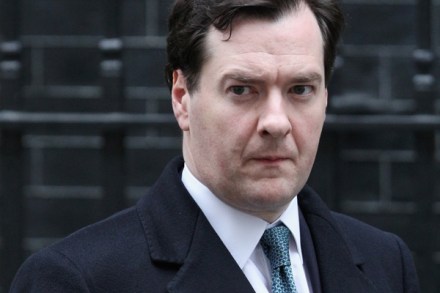The house price slide continues
Hidden behind today’s gushing Olympic headlines lies more disappointing economic news. Nationwide’s latest House Price Index release today shows that house prices are continuing to fall, with a 0.7 per cent decline in July. As the graph below shows, the fall in prices is a continuation of a trend that began when the country re-entered recession earlier this year: The latest figures put prices down 13 per cent on their 2007 peak and 2.6 per cent lower than this time last year. Last year the average house price was £168,731: now it is £164,389. But if you look at these trends in an international context, Britain’s prices appear relatively resilient.



















